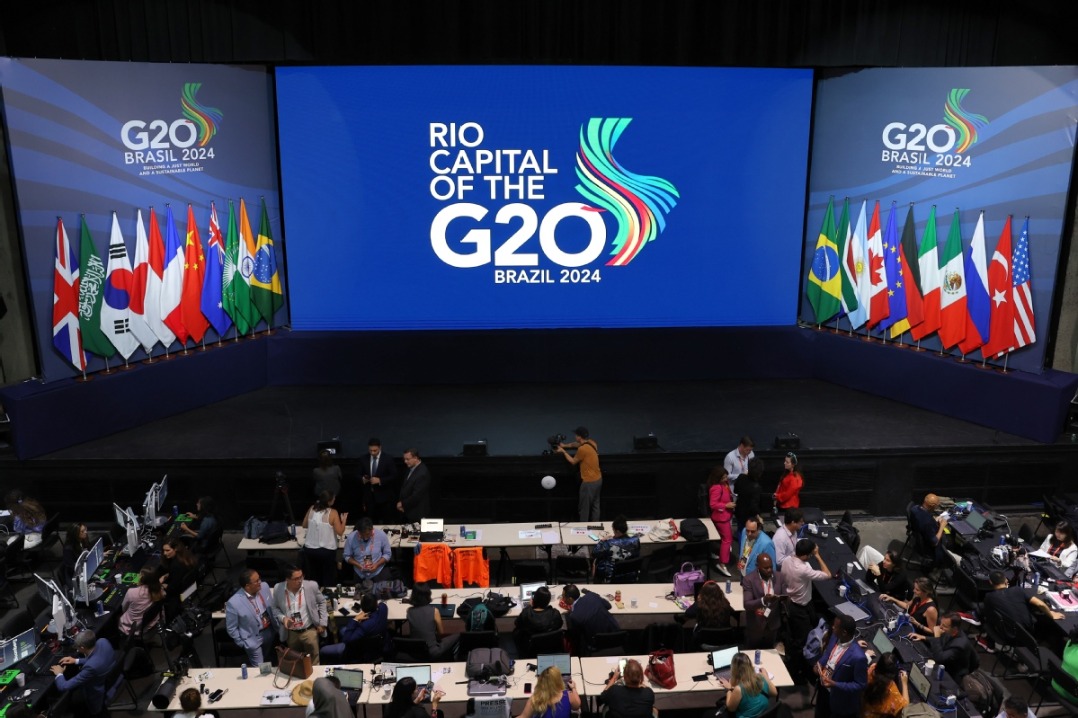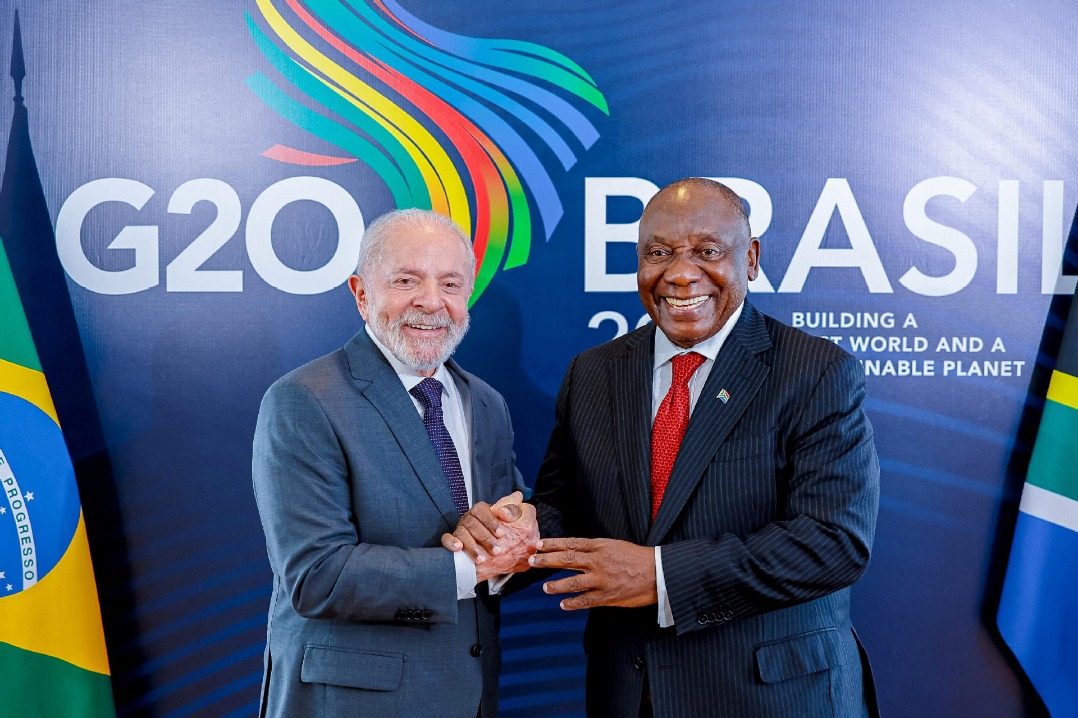Israel caught in self-made vicious cycle: China Daily editorial


The resumption of cross-border attacks between Israel and Hezbollah after pager and walkie-talkie explosions that have already killed at least 37 and injured more than 3,000 people in Lebanon may trigger a war between the two sides. This may be what Israeli Prime Minister Benjamin Netanyahu is gambling on in order to prolong his stay in power.
Cross-border fighting between Israel and Hezbollah has resulted in the evacuation of about 6,000 Israeli residents from the northern part of Israel. When they will be able to return to their homes remains a question, although the Israeli government has set their returning to their homes one of the objectives of its military action.
But the pager explosions and the air strikes that followed against Hezbollah have only escalated tensions in the border areas with Lebanon, which has made it even more unlikely the displaced residents will be able to return to their homes anytime soon.
What Israel has done in Gaza and its repeated attacks on Hezbollah targets as well as its military actions in the West Bank have created a vicious cycle. The more actions it takes, the deeper Israel becomes mired in conflict with various military organizations around itself. The irony is the more intent the Netanyahu government is on military action, the more it is undermining the security of Israel.
Israel could have made concessions in talks with Hamas that would have realized a cease-fire and helped promote the negotiated return of the hostages held by Hamas, but it did not. Netanyahu's insistence on continuing Israel's military action has only resulted in the prolonged conflicts both in Gaza and Lebanon.
Israel's military carried out raids and air strikes in multiple parts of the occupied West Bank in late August, which means military conflicts between Israel and Hamas as well as other Palestinian organizations will continue. Netanyahu is trying to prolong his own political life at the expense of not only tens of thousands of innocent lives, but also at the cost of regional peace as well as the future of Israel.
It is not difficult to conclude that an end to the current conflict could easily result in the Israeli prime minister being swept away from office — especially once investigations are concluded into how Israel ignored evidence of the Oct 7 attack by Hamas in 2023 that killed about 1,200 Israelis, and how slowly Israel's defense forces responded.
And while Israel had the sympathy of the international community on its side after Hamas' attack on Oct 7, it has now lost the support of most countries because of its brutal persecution of the Palestinians and its reckless broadening of its war aims.
The Netanyahu government has turned a blind eye to the fact that tens of thousands of civilians have lost their lives in Gaza as a result of the military action it has launched and many more are struggling to survive amid the worsening humanitarian situation in the Palestinian enclave.
The pager explosions in Lebanon last week have reinforced the image of the Netanyahu government being beyond all restraint. Yet in terms of military resources, Israel has been overstretching itself and it is reliant on the support of the United States.
The only way to stop the vicious cycle of violence Netanyahu is so single-mindedly fixated on is for the US to unequivocally and unconditionally stop speculating on his monomania by enabling it.
The International Court of Justice has made it clear that Israel's actions violate international law. It is therefore not an option but a legal obligation for Israel to cease those actions and for the US to stop being complicit in them.
































